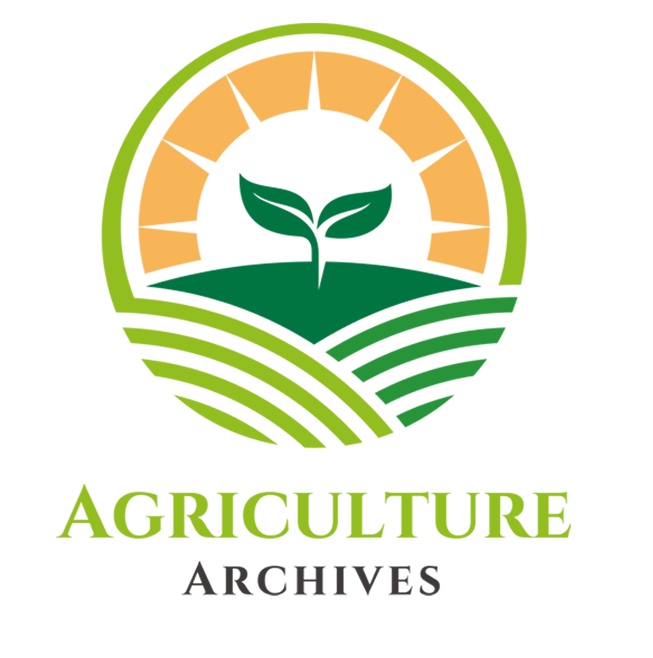In the pursuit of sustainable agriculture and enhanced farmer livelihoods, the integration of farming systems has emerged as a promising strategy. This article explores the concept of Integrated Farming Systems (IFS) as a means to empower farmers and promote sustainable prosperity. By integrating various components such as crops, livestock, aquaculture, and agroforestry, IFS offers multifaceted benefits including enhanced resource utilization, risk mitigation, and income diversification. Drawing upon empirical evidence and case studies, this article elucidates the principles, challenges, and opportunities associated with the adoption of IFS. Furthermore, it highlights the role of supportive policies, institutional mechanisms, and extension services in facilitating the transition towards integrated farming models. Through a comprehensive review of literature and practical experiences, this article aims to provide insights into the potential of Integrated Farming Systems to contribute towards the overarching goal of enhancing farmer prosperity while promoting ecological sustainability and resilience in agriculture.
